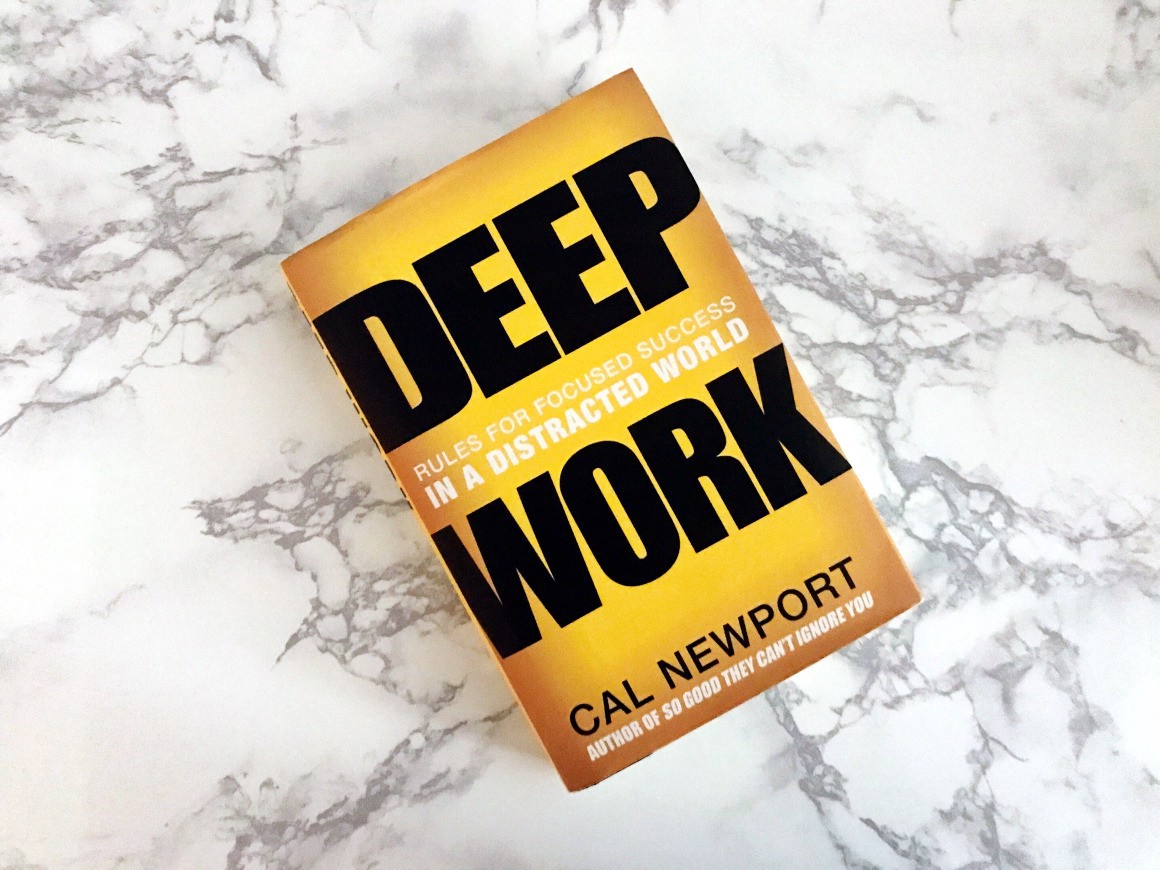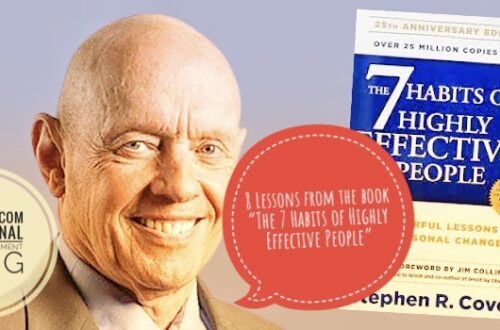-
8 Tips to Become a Smart Spender
We work hard to earn our money so we definitely deserve to spend it whichever way we want right? Perhaps, but we should think ahead and learn to become smart spenders of our money. We learn how to be a smart spenders in order to keep more of the money we earn. When we become smart spenders we are able to keep more of what we earn so we can save for rainy days, invest in stocks, or have enough to pay our expenses such us our mortgage.
-
The Parable of the Beggar and the Diamond
“The Beggar and the Diamond” is a story by one of my all-time favorite authors Stephen King from his book Nightmares and Dreamscapes. The story was adapted from a Hindu parable. Author’s notes: This little story — a Hindu parable in its original form —was first told to me by Mr. Surendra Patel, of Scarsdale, New York. I have adapted it freely and apologize to those who know it in its true form, where Lord Shiva and his wife, Parvati, are the major characters.
-
8 Changes We Can Make (That Will Improve Our Life Now)
It is that time of year when we all reflect on our lives and think about our accomplishments or lack thereof. Many of us feel unsatisfied with the progress we have made. Change is not easy at all. Change is uncomfortable and challenging, but it’s a way for us to grow.
-
8 Lessons from the Richest Man in Babylon (On Wealth Building)
In 1926, George Samuel Clason published a series of pamphlets written in parables that was set in the ancient city of Babylon. The book became known as The Richest Man in Babylon and has become a classic in financial literature. I first encountered this little book when I graduated college and was blown away by the simplicity of the story and by the tried-and-true lessons it presented for accumulating wealth.
-
8 Ways to Define and Write Our Goals (Using Imagination)
In 1979 a study was conducted on graduating Harvard MBA students asking whether they had written down their goals for the future and made plans for accomplishing them. The result: only 3% had clearly written down their goals, 13% had goals but were not written down, and 84% had no specific goals.















